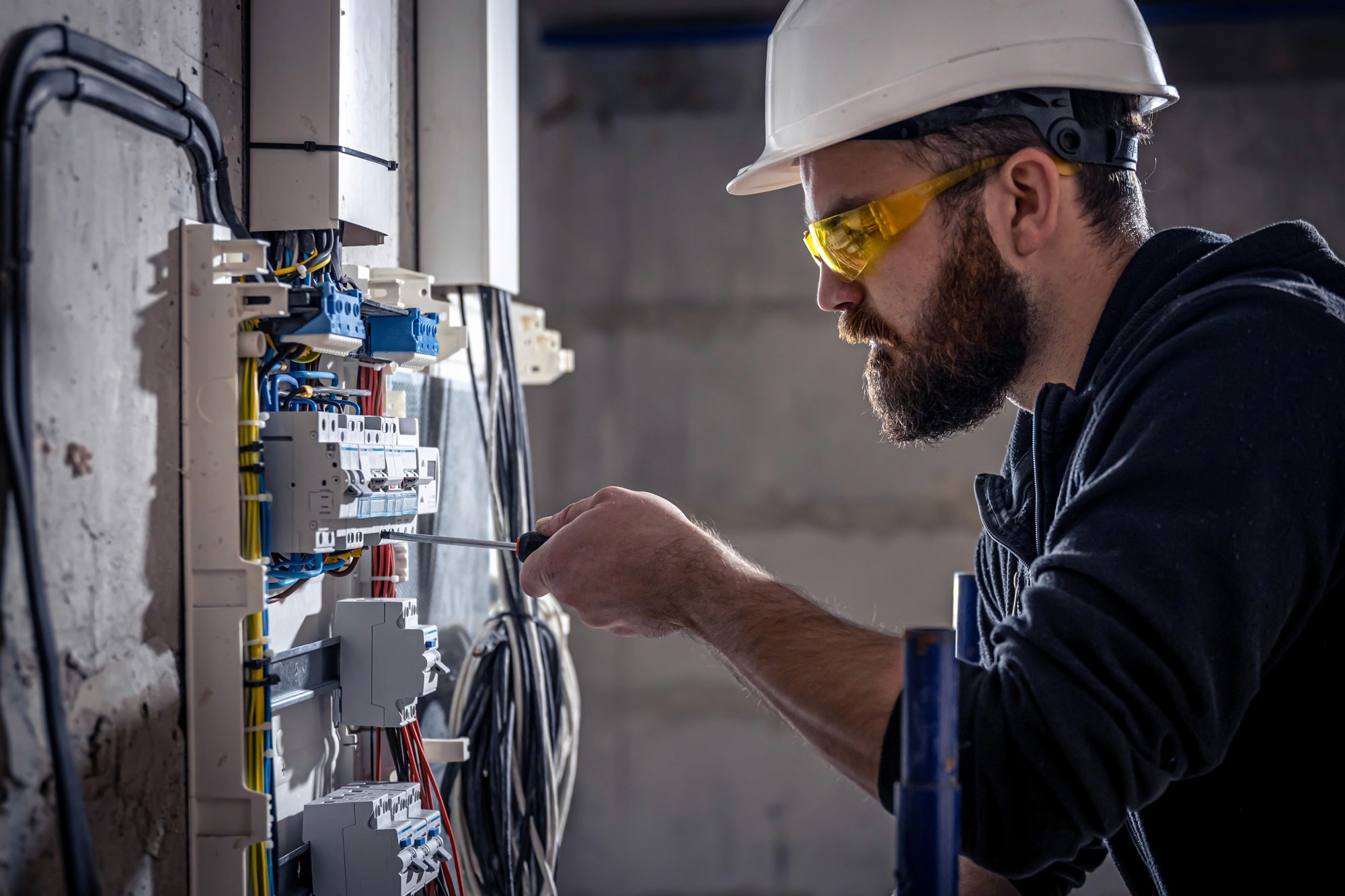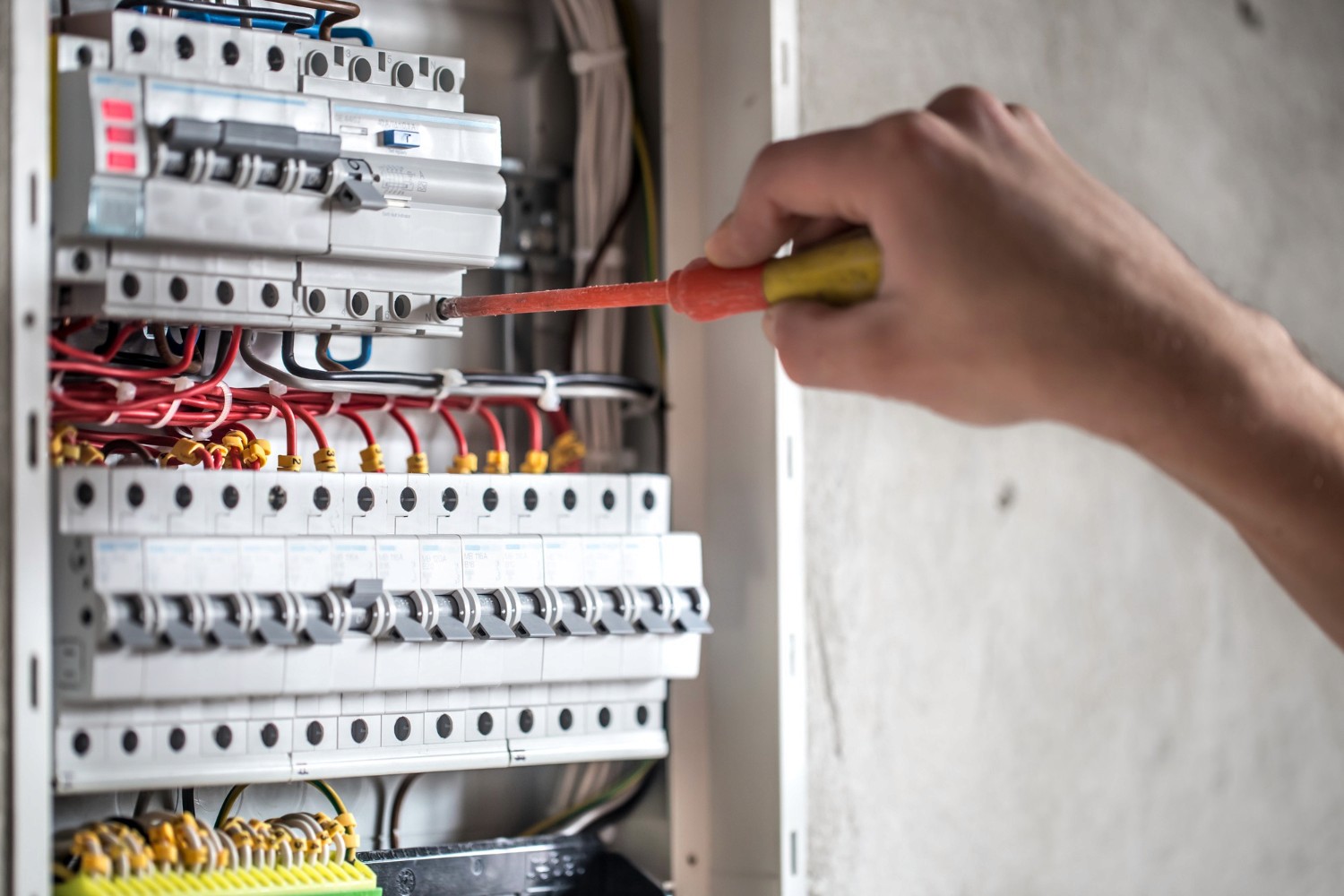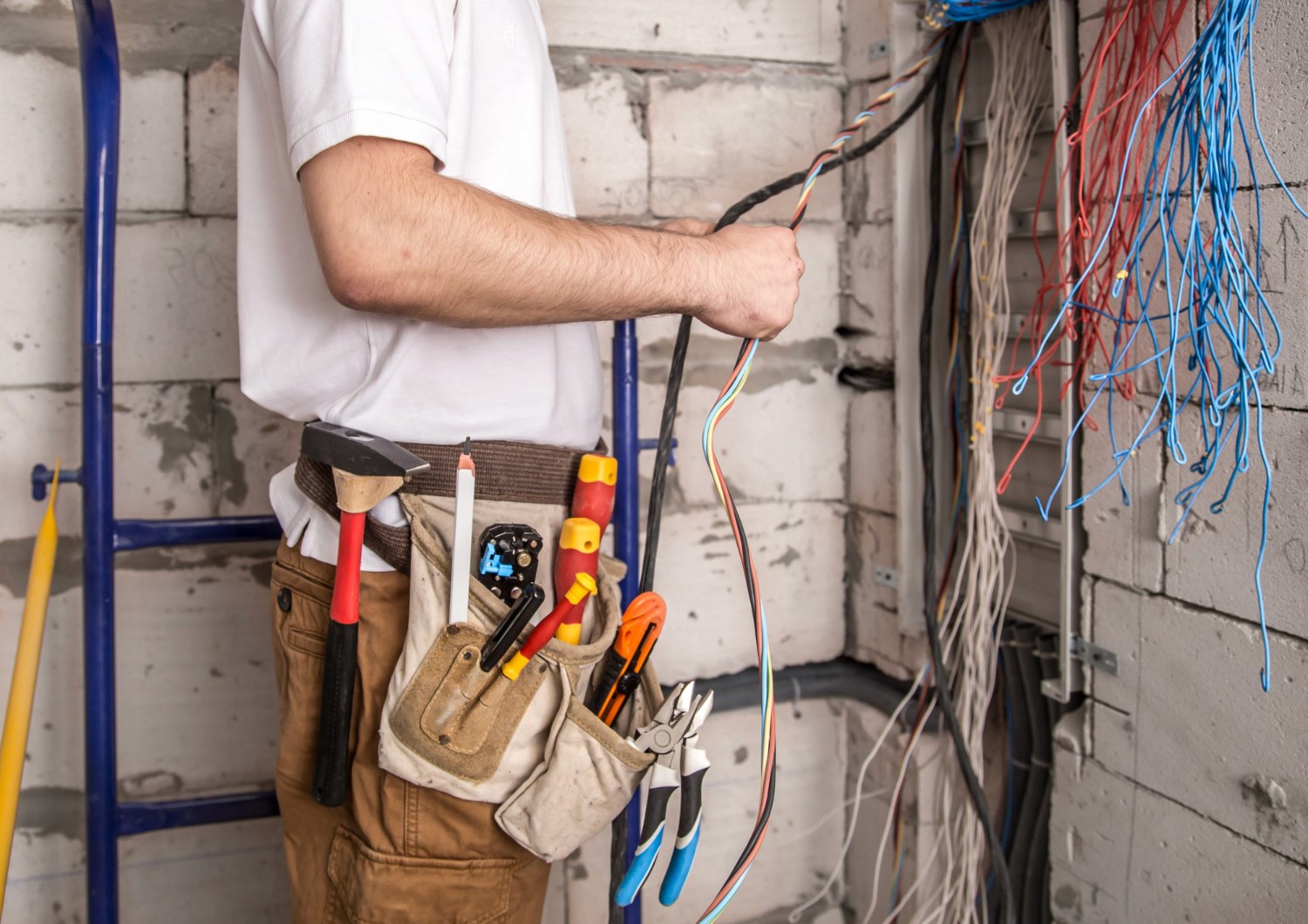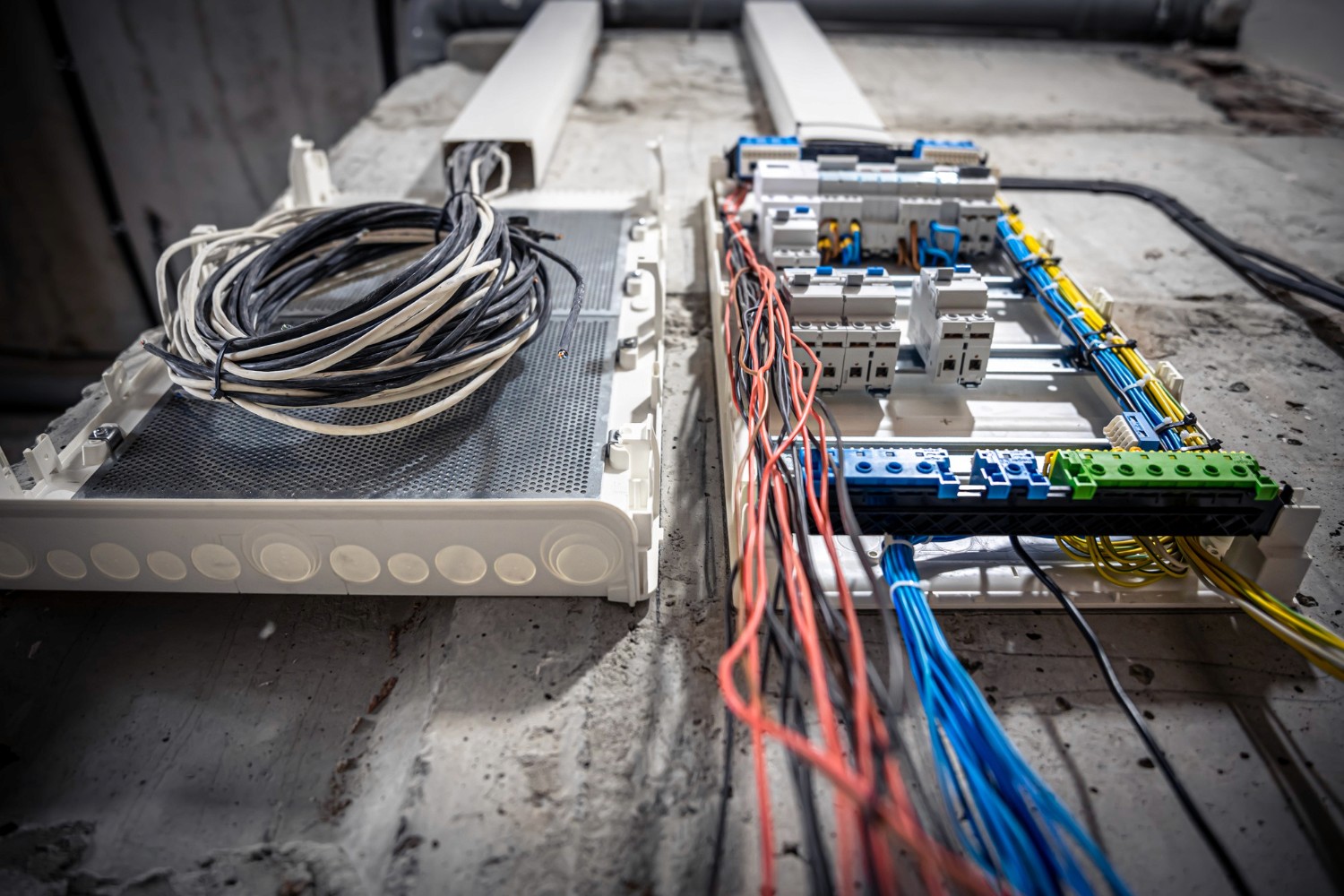Commercial
Understanding of Residential Wiring Systems
April 7, 2024
Understanding the Basics of Residential Wiring
As a homeowner, having a basic understanding of residential wiring can help you identify potential electrical issues and communicate effectively with professionals. While electrical work should always be left to licensed electricians, knowing the fundamentals ensures your home remains safe and efficient.
In this blog post, we’ll explore the key elements of residential wiring, giving you the confidence to manage your home’s electrical system responsibly.
Residential wiring consists of interconnected components that power your home’s devices and appliances. Outlets, switches, circuit breakers, and fuses are essential elements that work together to ensure functionality and safety. Properly understanding these elements can help you spot signs of wear or malfunction early.

Core Components of Residential Wiring
Electrical Outlets and Switches: Outlets power devices, while switches control the flow of electricity to lighting and appliances. Proper installation and maintenance ensure safety and convenience.
Circuit Breakers and Fuses: These protective devices prevent overloads and short circuits by interrupting the electrical current. They safeguard your home from potential fire hazards.
Wiring Types: Homes typically use different types of wiring for specific applications, such as standard insulated wiring for lights and appliances or heavy-duty wiring for large appliances.
Grounding and Bonding: Grounding provides a safe path for electrical current in case of a fault, protecting people and equipment from electric shocks.
GFCI and AFCI Outlets: Ground Fault Circuit Interrupters (GFCI) protect against electric shocks in wet areas, while Arc Fault Circuit Interrupters (AFCI) prevent fires caused by electrical arcs.
Common Wiring Issues and How to Spot Them
Recognizing common wiring problems can help you address them promptly:
Loose Outlets: Wobbling outlets can lead to poor connections and overheating.
Faulty Switches: Unresponsive or flickering switches may indicate internal issues.
Outdated Wiring: Older systems may lack the capacity to support modern electrical demands.
Prioritize Safety with Professional Help
Understanding residential wiring is crucial for maintaining a safe and functional home, but working with electricity carries risks. Always consult a licensed electrician for repairs, upgrades, or inspections to ensure safety and compliance with electrical codes.
If you have any concerns or questions about your home’s wiring, contact Electrician today. Our experts are here to help you maintain a secure and reliable electrical system!



